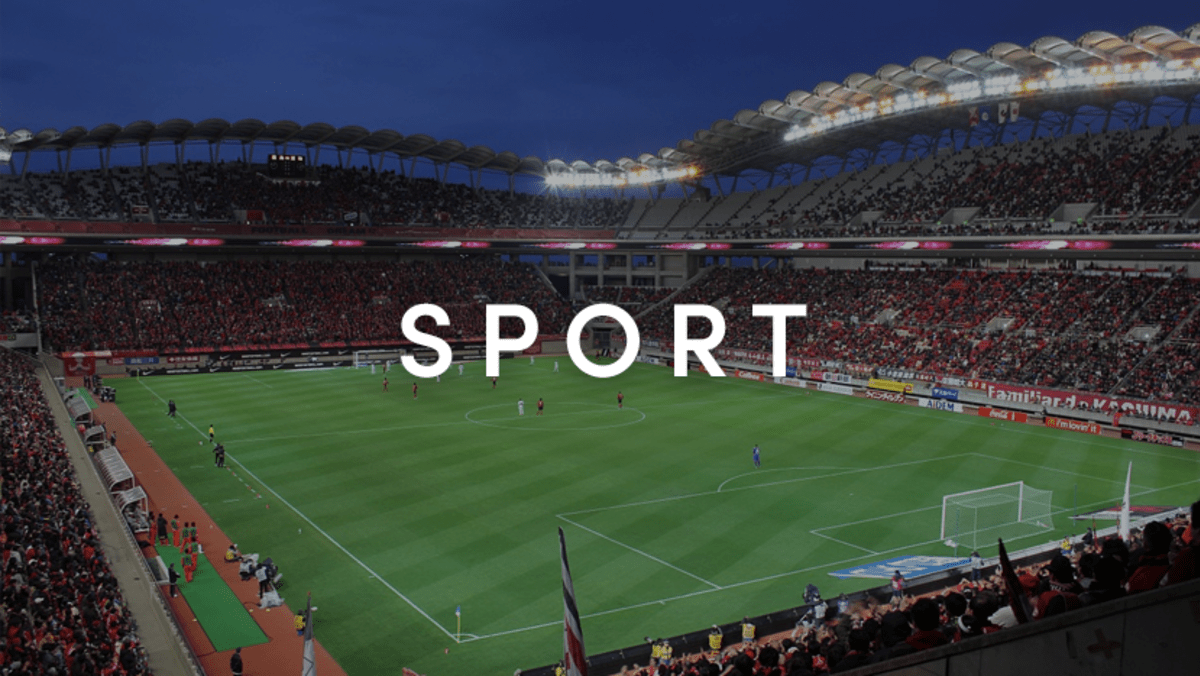MANCHESTER, England : British members of parliament are calling on the Premier League and other governing bodies to reduce the volume of gambling adverts in stadiums, citing a study that found nearly 7,000 visible gambling messages during six league matches.
The Culture, Media and Sport Committee report on gambling regulation released on Thursday encourages the reduction to minimize children’s exposure to gambling advertising.
It concluded the government should take a more precautionary approach to advertising than what was proposed in the gambling White Paper (policy document).
“While gambling regulation should not overly impinge on the freedom to enjoy what is a problem-free pastime for the majority, more should be done to shield both children and people who have experienced problem gambling from what often seems like a bombardment of advertising branding at football and other sporting events,” committee chair Caroline Dinenage said.
The Gosport MP said the government needs to go further than the proposals in the White Paper published earlier this year and “work with sports governing bodies on cutting the sheer volume of betting adverts people are being exposed to”.
A recent study found that front-of-shirt gambling branding made up 7 per cent of all gambling branding that was visible during 10 broadcast matches surveyed.
The committee said while they welcome the decrease in gambling sponsorship on Premier League players’ shirts, it does not reduce the volume of adverts visible during a game.
The report backed many of the provisions in the gambling White Paper, including developing a system of financial risk checks by gambling operators on customer accounts that lose a certain amount of money within a certain timeframe.
The committee was also in favour of the government’s plan to implement extra online protections for young adults through a lower stake limit and thresholds for triggering financial risk checks.
The British government recently announced they were considering a statutory levy paid by gambling operators to fund gambling addiction research, prevent and treatment, which the report supported.


